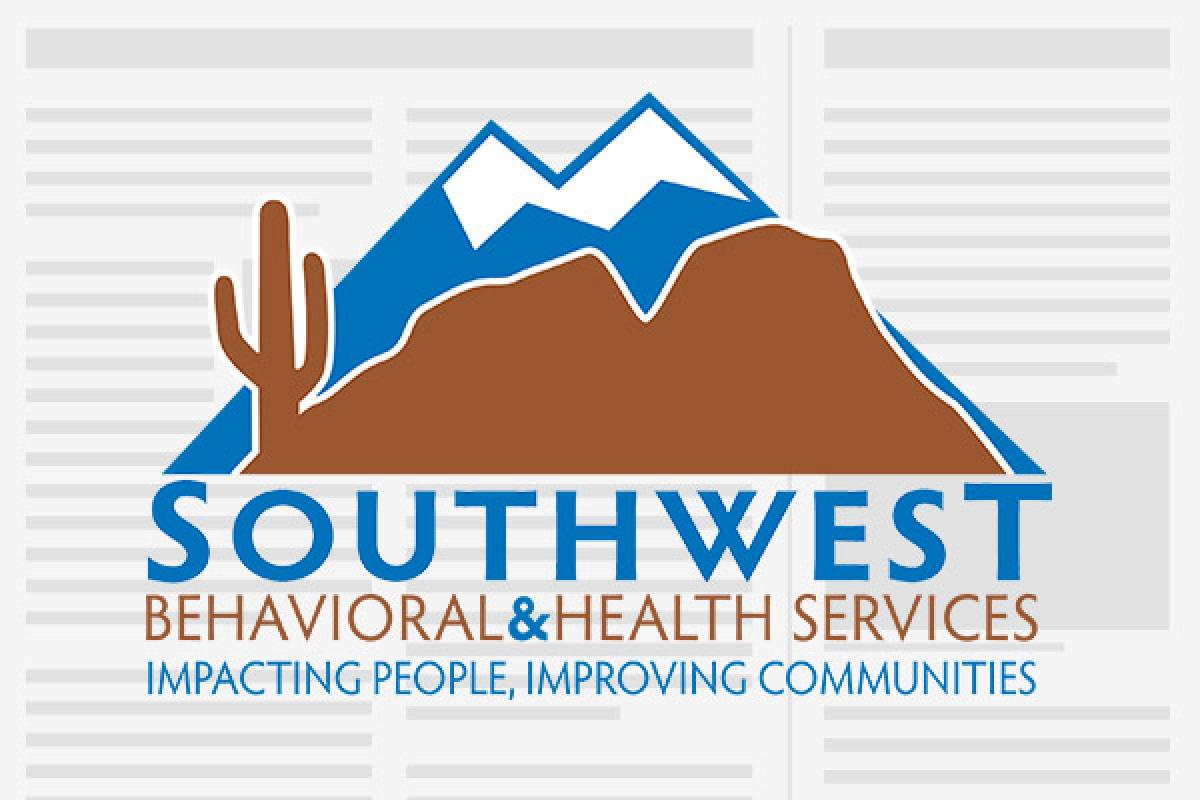
By Mitchell S. Rosenthal, M.D. - The Partnership at DrugFree.org's Board of Directors
With the defeat of California’s Proposition 19, it’s time to put the notion of legalizing marijuana to rest. Yes, it’s true that plenty of adults smoke marijuana and suffer no ill effects, and most kids are likely to sample it safely. What’s more, tough, hard-line laws and Draconian punishment for smoking a joint are unfair, discriminatory, and ineffective.
 Pandy Arrieta, an intern at Oaksterdam University, the nation's first marijuana trade school, takes care of marijuana plants in a classroom before the start of a class September 23, 2010 in Oakland, California. (Tony Avelar/The Christian Science Monitor
Pandy Arrieta, an intern at Oaksterdam University, the nation's first marijuana trade school, takes care of marijuana plants in a classroom before the start of a class September 23, 2010 in Oakland, California. (Tony Avelar/The Christian Science Monitor
Despite these seemingly rational reasons to consider legalizing marijuana, there is one huge reason to keep it illegal: legalization will put more kids in danger. Adolescents are among the most vulnerable members of society. They are at highest risk for substance abuse because their brains are still developing. Their pleasure-seeking centers are already fully functioning, while the mechanisms of caution, control, and consequence awareness have yet to mature. As a child psychiatrist and founder of Phoenix House, I have worked with drug-troubled kids for the past 43 years and seen the deeply disturbing effects that marijuana can have on young people. At Phoenix Houses throughout the country, the overwhelming majority of deeply troubled teens in residential treatment have used no drug more potent than pot.
Although catastrophic outcomes like fatal driving accidents aren’t all that common, stunted maturity is almost unavoidable. Teens who smoke pot with any regularity just do not mature in the same way as their peers. Regular marijuana use limits critical thinking, judgment, and interpersonal skills. It erodes relationships and threatens family cohesion. This is no harmless recreational substance or relatively benign gateway drug. It is a dangerous drug in its own right and addictive. Ten percent of those who try it get hooked.
It is a dangerous drug in its own right. Ten percent of those who try it get hooked.
As for legalization, it will not diminish illegal drug activity. Making marijuana legal for everyone 21 or older and illegal for anyone younger would simply create a black market for kids. Furthermore, legalization will bring a legal marijuana industry onto the scene and, much like its tobacco counterpart, it will push its product by marketing to the impressionable young.
If we are to reduce the use and trafficking of this drug and keep it out of the hands of kids, we need anti-marijuana laws. But we don’t need prison terms for pot-law offenders. We need to decriminalize marijuana use and treat it as an offense, much like a traffic violation. This is already the case in much of the country.
Most bright teens will try to smoke pot at some point, and their parents will most likely be unaware of it. However, when a parent does become aware of marijuana use, chances are it is escalating, and this means it’s time for parents to take action. A parent’s primary task is enabling children to deal with the reality of their lives as mature men and women. Anything that interferes with this process is a problem: drinking, speeding, having unprotected sex, and smoking marijuana.
All parents want their children to succeed in life, and a child’s potential is highly compromised by marijuana use. Let’s not casually offer our kids a new legal intoxicant. We don’t need marijuana legalization. We need sane sanctions—with discouragement, enforcement, and penalties—but the real responsibility rests with parents to exercise good judgment when their children cannot. And this demands patience, encouragement, an ear tuned to what children actually have to say, and the thoughtful use of “no.”
Mitchell S. Rosenthal, M.D. is a psychiatrist and founder of Phoenix House, the national drug abuse treatment and prevention agency.













